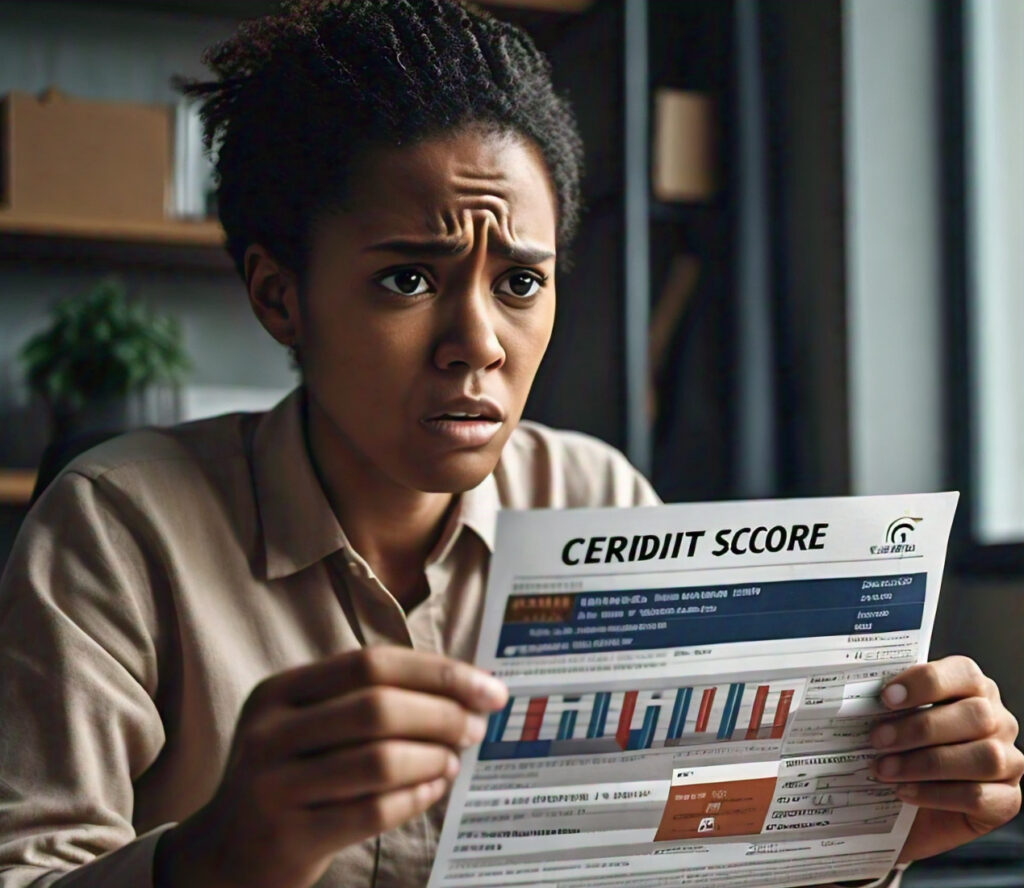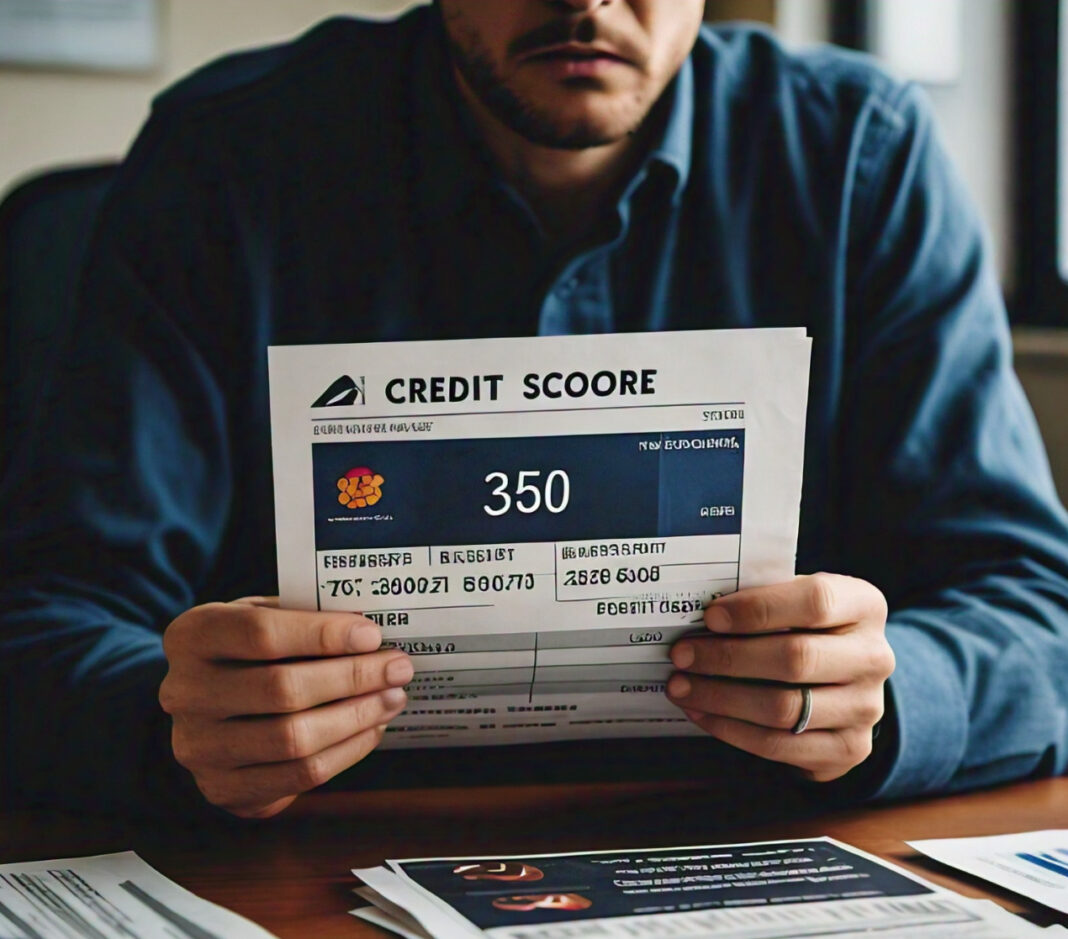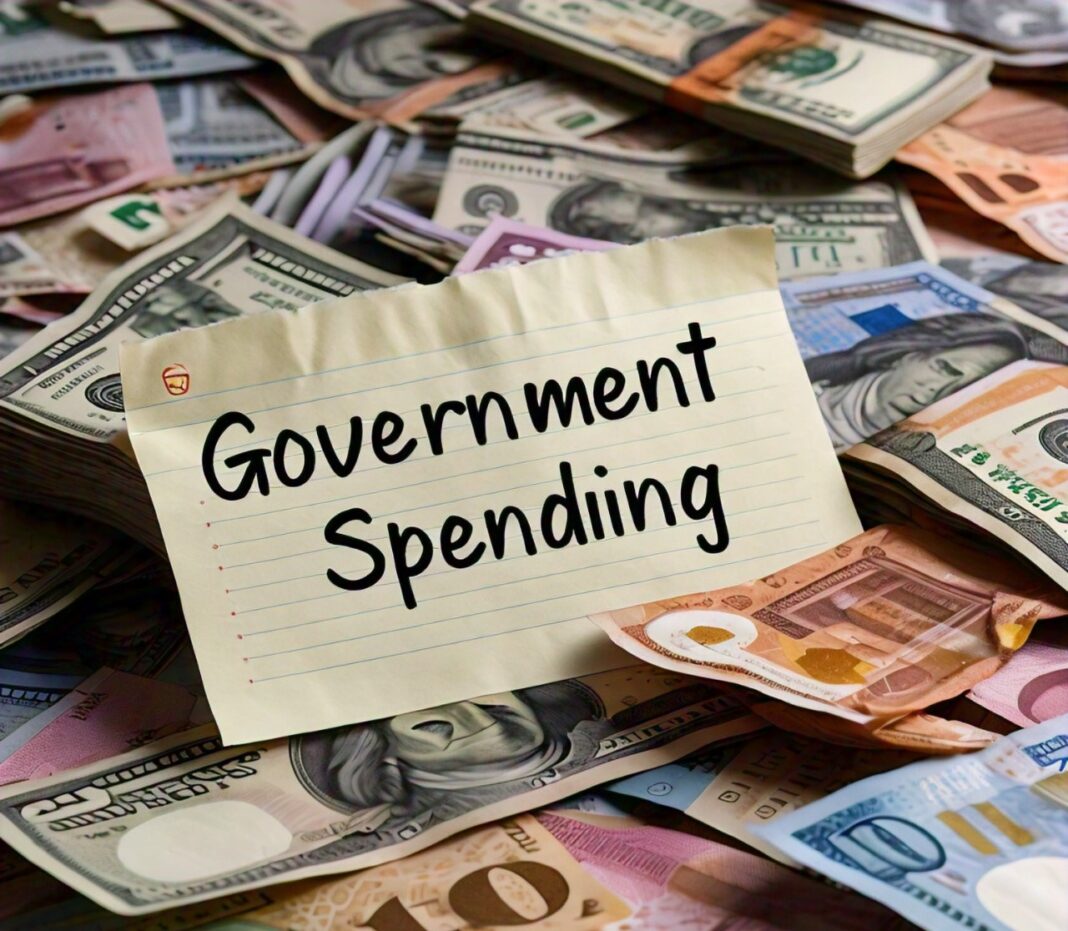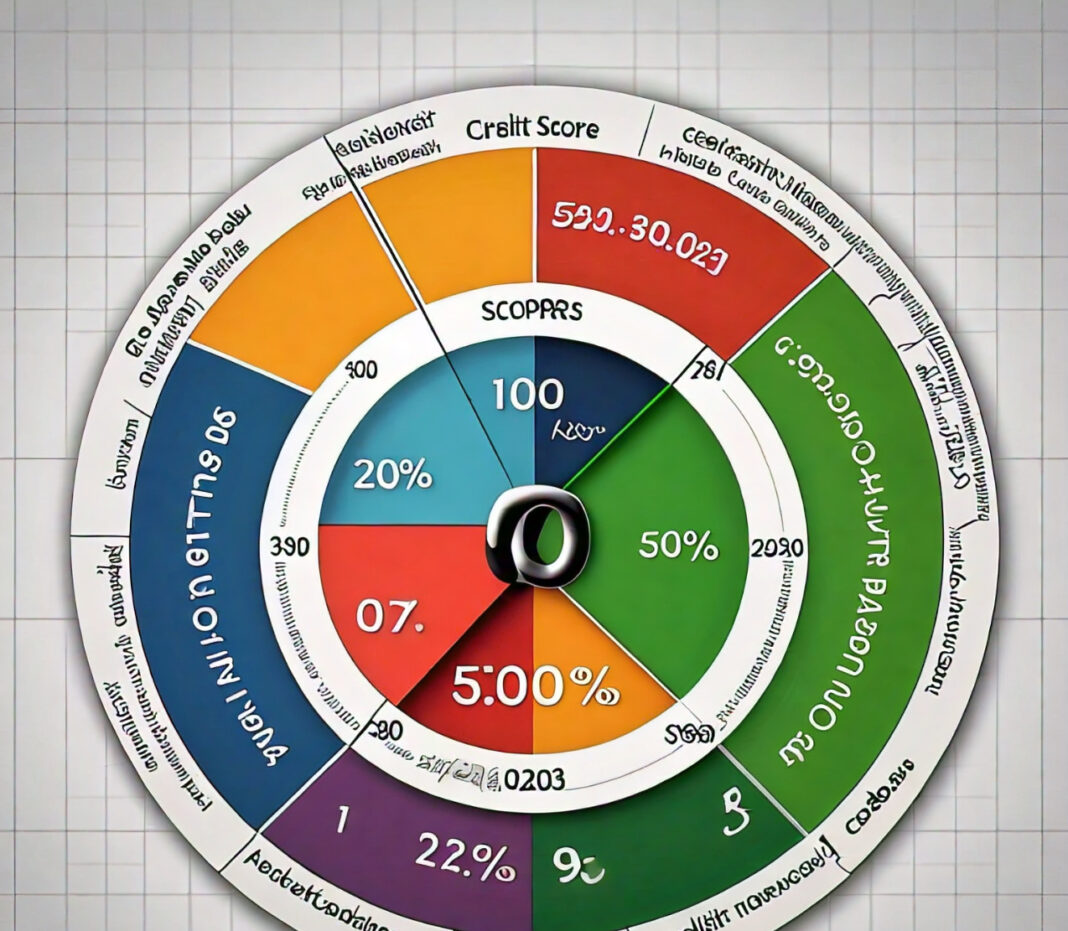The creditor can take it back if you miss several payments on a car, boat, or other financed property. This is also commonly referred to as repossession. While that is stressful enough- losing the property- the effects of repossession could be much deeper and longer-lasting in terms of your credit. This article will explain how repossessions affect your credit score, how long they remain on your report, and what steps you can take to minimize the damage.

Repossession Understanding
What is repossession?
Repossession refers to the process whereby a lender takes back in possession certain property that stands as collateral for some loan. This normally happens whenever the borrower of such property fails to pay as agreed upon. The most common form of repossession happens with vehicles, although sometimes other things may be involved, such as boats, motorcycles, or even homes, which would fall under foreclosure.
How does the process of repossession work?
- Missed payments usually begin when you fail to pay your loan installments.
- Sending notices: In most conditions, the lenders send notices regarding payment failure and the action to be taken.
- Repossession: If the payments are not made, the lender will hire a repossession company to repossess the property.
- Sell the property: Usually, the lender will sell the repossessed thing to recover some of the dues.
- Deficiency balance: If the sale does not bring in the full amount owed, you could still be obligated to pay the remaining amount.
The Immediate Impact on Your Credit Score
How much will a repossession drop your credit score?
It is quite easy to ruin your credit score with a repossession totally. While the impact varies due to different credit histories and other circumstances, a 100-point drop, or more, can easily occur in such a situation. This is because credit-scoring models regard repossession as a serious negative event.
Things that Affect the Impact:
- Your current credit score: The higher the score, the more dramatic drop you can expect.
- Other Negative Items On Report – If you already have other negative marks, the impact will be less impactful.
- Age, type of account accounts, and higher limit accounts can have a bigger impact.
Long-term Effects to Your Credit Report
How Long Does A Repossession Stay On Your Credit Report?
A repossession can remain on your credit report for as long as seven years from the date of the first missed payment that led to the repossession. That means long after moving on from the repossessed item, it can still haunt your credit for years.
What does your credit report show?
If there has been a case of repossession, several items may be shown on your credit report:
- The original account with late payments
- A note that the account was “repossessed”
- A collections account if there’s an unpaid balance
- Public records if legal action was taken
Each of these entries can negatively impact your credit score and how a lender views your creditworthiness.
Other Consequences of Repossession
Aside from the direct impact on your credit score, a repossession can have several other consequences, including:
Difficulty getting new credit:
Lenders view repossession as a major warning sign. You may find it difficult to gain new loans or credit cards, have attractive interest rates, or get high credit limits.
Effect on current accounts:
Other lenders may note this repossession in your credit report and classify you as a high-risk borrower. This may lower credit limits on your already existing accounts, raise the interest rate on variable-rate credit cards, or even trigger account closures.
Employment and housing difficulties:
Some employers and landlords base decisions partly on credit reports. A repossession could make it harder to get certain jobs, especially in finance-related industries, and might make renting a house or apartment difficult.
Higher insurance rates:
Many insurance companies consider credit-based insurance scores. A repossession may mean higher auto insurance rates and other kinds of insurance.
Though repossession consequences are serious, there is some way out by which you can mitigate the damage. The steps you may consider are as follows:
Negotiate with the lender:
Before repossession:
Call your lender and explain to him your situation.
Attempt to reach a modified payment plan.
Refinance or loan modification options may be considered.
Repossession has taken place:
Attempt to negotiate for reinstatement of the loan.
Discuss options for paying off the deficiency balance.
Pay off any deficiency balance:
If you still owe money after the repossessed item is sold, try negotiating a settlement for less than the full amount owed. Set up a payment plan to clear the debt. Consider using a credit counselor to manage the debt. Rebuild your credit: Focus on positive credit behaviors. Make all payments on other items on time. Keep credit card balances low. Consider a secured credit card to help rebuild.
Become an authorized user on a family member’s credit card
Dispute any inaccuracies:
Go through your credit report for any errors regarding the repossession:
Dispute such information with the credit bureaus
Make sure all dates and amounts have been mentioned correctly
Professional help:
If the aftermath is too hard for you to handle, then consider:
Consulting with a credit counselor
Working with a reputable credit repair company
Taking advice from a financial advisor
Alternatives to Repossession
If you are facing the possibility of repossession, the following alternatives could be considered:
Voluntary surrender:
Although it remains damaging to credit, the voluntary relinquishment of property may show that you are in good standing with the lender. This will also further reduce fees related to repossession because you have better control over when and how the item is repossessed.
Sell the item yourself:
Selling the item before repossession may allow for a higher price than at auction. You might have less debt remaining as well.
Give you better control over the situation
Refinancing:
Refinance with lower payment options if your credit is still in decent shape. You may also want to extend the loan term to decrease the monthly cost of the car. You can always shop around for better interest rates.
Debt Consolidation
If you have a variety of debts, consider the option for a debt consolidation loan. You may also want to consider a balance transfer credit card option. Another popular route is debt management plans through credit counseling agencies.
Rebuilding After Repossession
It takes time and effort, but you can recover from a repossession. Here is a roadmap to rebuilding your credit:
Immediate Steps
- Evaluate your financial situation
- Create a budget to avoid any further problems with future payments
- Start an emergency fund for unexpected expenses
Short-Term (0-6 Months)
- Pay down the residual debt of the repossession
- Pay everything on time
- Apply for a secured credit card and begin the process of rebuilding your credit score
Medium-Term Goals (6-18 Months)
- Continue responsible credit behavior
- Monitor your credit report from time to time
- Look for opportunities to enhance your credit mix
Long-term approaches (18 months – 7 years):
- Continue good credit behavior
- Improve debt-to-income ratio
- Wait for repossession to fall off the credit report
Understanding Your Rights in Repossession
Knowing your rights can help you navigate the repossession process:
Fair Debt Collection Practices Act (FDCPA):
This is a law designed to protect consumers from abusive debt collection practices. It includes limits as to when and how often collectors can contact you, prohibits harassment and false statements, and also provides the right to dispute a debt and have it validated.
State-specific laws:
Additional repossession laws are sometimes enacted in many states that involve the following conditions: Some states require advance notice before repossession; others are restrictively specific about when and how the property can be seized; and some even require a “right to cure” period. Your right to personal property:
Even after your car has been repossessed:
- You are entitled to recover personal things
- The lender must provide you with a reasonable opportunity to do so
Right to Redeem:
In most cases, you are entitled to:
- Pay the whole balance of the loan
- Recover the repossessed property within a certain time limit
Conclusion:
Repossession can have an extremely impactful and long-lasting effect on your credit. It lowers your credit score substantially, reduces the chances of getting new credit, and may even have other serious impacts on your life, such as affecting your current employment and housing situations. However, understanding the process and your rights helps you at least go into this difficult situation with some useful knowledge.
Remember, as severe as the result of repossession is, it is not permanent. You can also attempt to rectify the situation with the lender and, through good credit practices, rebuild your credit score by responsibly addressing the root financial issue. Recovery does not happen in a night, but once you start, you will be well on the road to dealing with repossession and regain your financial health.
If you’re dealing with a repossession or just reeling from one, then don’t hesitate to seek help. Credit counselors, financial advisors, and sometimes even attorneys specializing in law relevant to your situation can all help you through the process. The quicker you handle this situation, the more options you will have, and the better your chances will be to minimize how much damage is dealt to your credit and finances in the long run.






